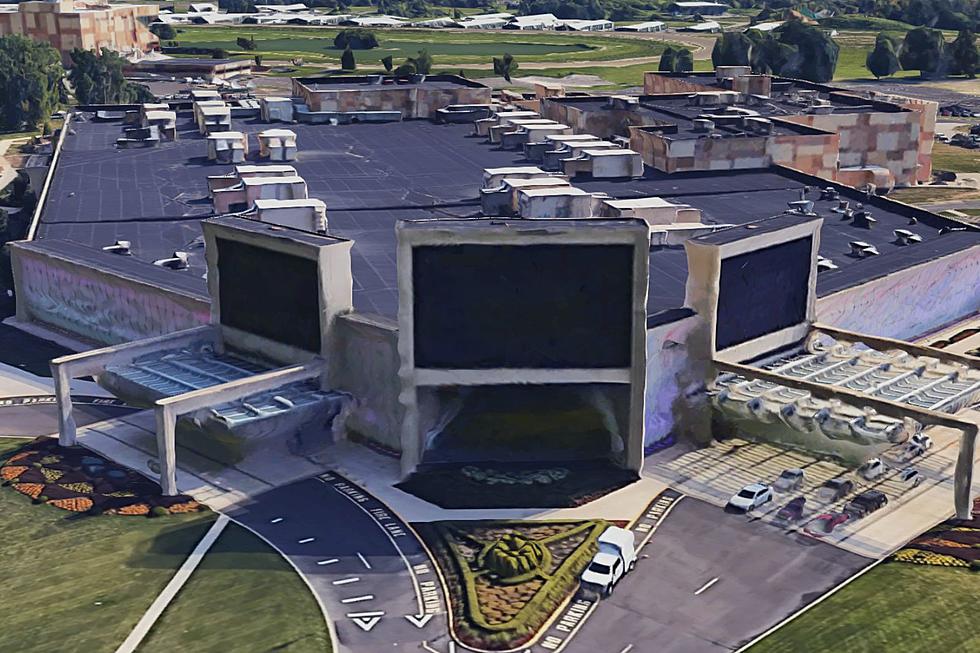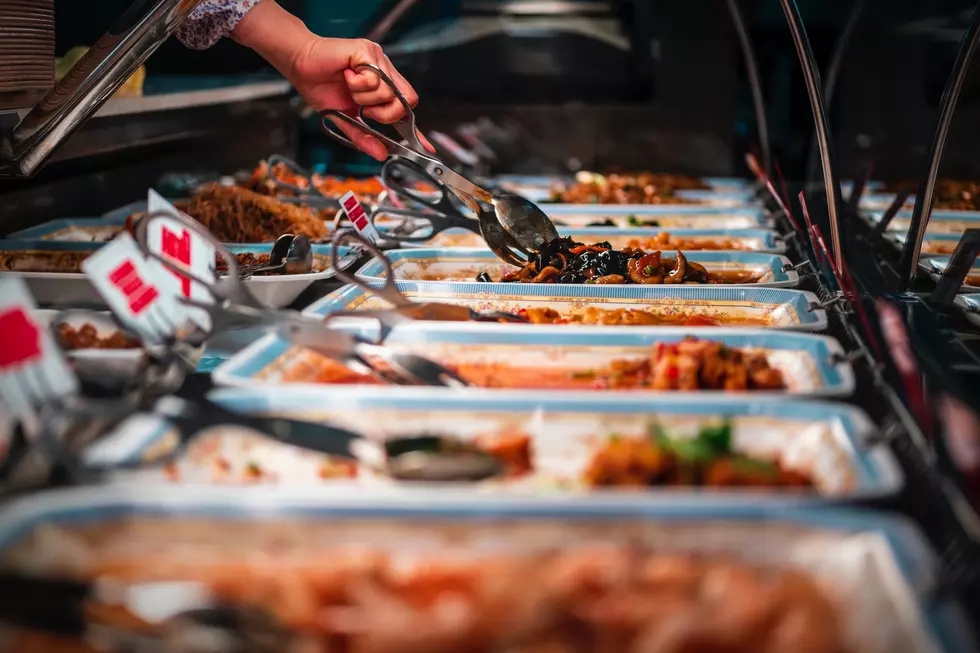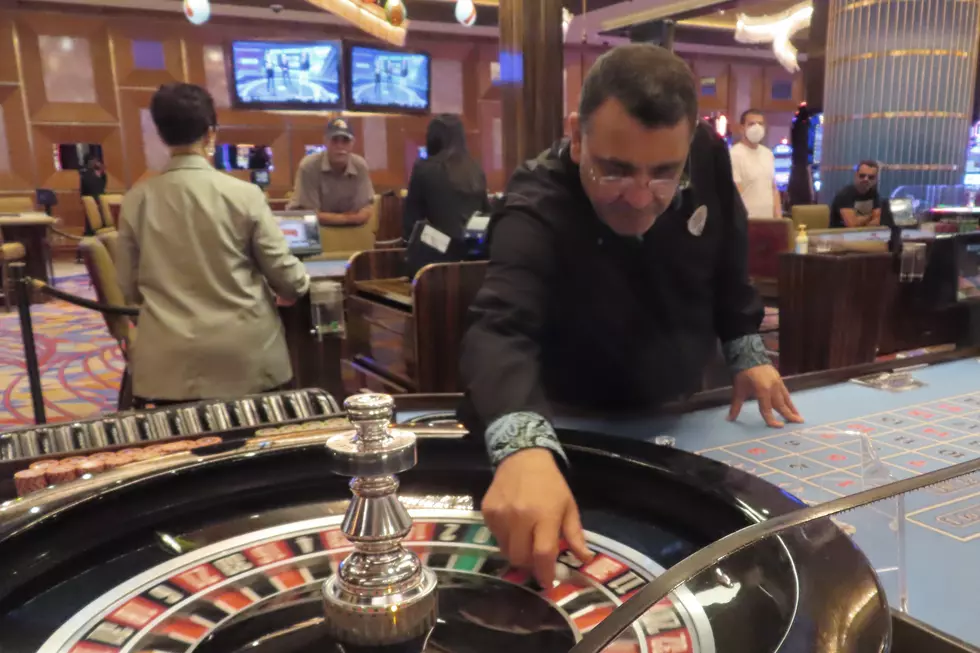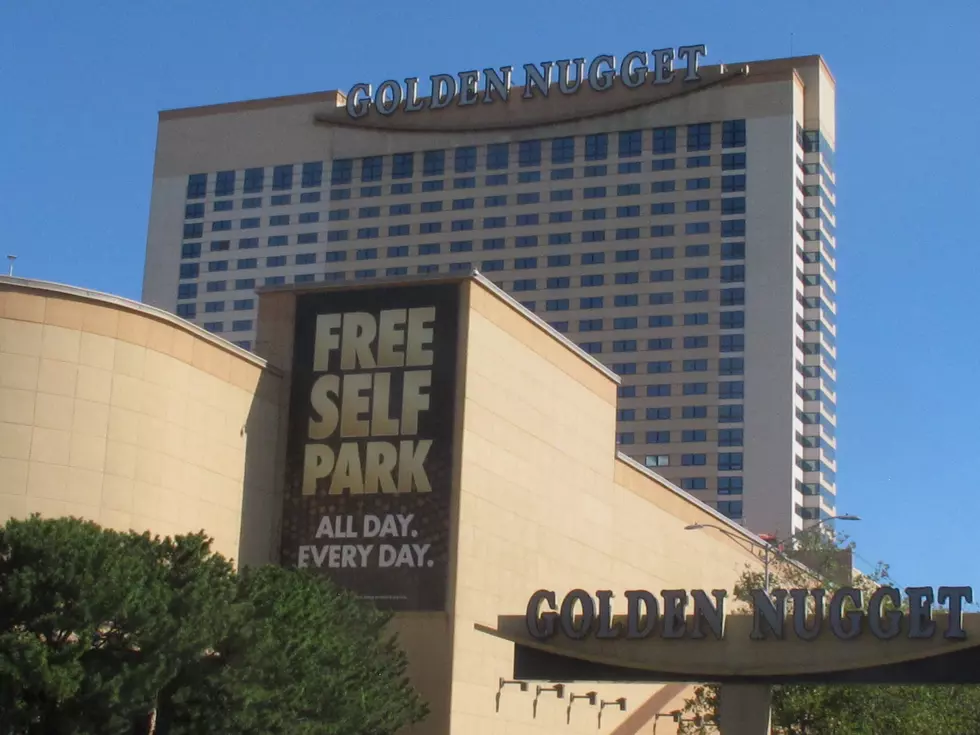
Workers are losing ground as Atlantic City casinos struggle
Atlantic City's casino workers are making only 80 cents an hour more now than they did 12 years ago, having opted instead to secure benefits like health insurance and retirement plans as the casino industry shrunk and four properties went out of business.
The city's main casino workers union has begun what will likely be its toughest contract negotiations in nearly four decades, with the casinos just beginning to get back on their feet and the city itself teetering on the brink of bankruptcy and a state takeover.
On Friday, workers will picket the Tropicana casino. Its billionaire owner Carl Icahn also owns the Trump Taj Mahal, where health insurance and pensions were eliminated before he took over.
Their struggle is one that unions have experienced across the country in recent decades as companies move to cut costs by reducing or eliminating benefits, in some cases to prevent the businesses themselves from closing.
Rodney Mills, a buffet beverage server at the Tropicana, has worked in the Atlantic City casino industry for 24 years and makes $10.98 per hour.
Twelve years ago, he routinely worked 40 hours a week, or close to it. Now a typical work week is 18 to 24 hours. With reduced hours comes a requirement to pay toward his health insurance coverage.
"You have to decide, `Do I pay for my benefits, or do I pay the electricity bill, or the heat?"' he said. "People all over the city have to make these kinds of decisions. We gave back a lot of things to keep our health insurance from going up too much, but now we're afraid we're going to lose it altogether."
He points to the Taj Mahal, which eliminated health insurance and pension plans while in bankruptcy as Icahn prepared to take over. The company gave workers a stipend to buy health care under the government-run Affordable Care Act, but many workers say it does not come close to the actual cost of coverage. And with negotiations underway with most of the city's eight casinos, workers fear that a "me-too" contract clause could enable other casinos to eliminate benefits if the Taj Mahal is permitted to do so.
Local 54 of the Unite-HERE union plans to picket the Tropicana on Friday evening. Tony Rodio, president of the Tropicana, which also runs the Taj Mahal, did not immediately respond to a request for comment Friday.
The union issued a report Friday showing that the casino profits are up and their expenses are down in recent years, including $171 million less in employee pay.
The union says its average salary is $11.17 an hour. In the 2011 contract negotiations, workers agreed to givebacks including reductions in paid time off, overtime and severance pay.
Casino analyst Steve Norton, who was vice president of Resorts when it opened in 1978 as the first U.S. casino outside Nevada, says generous union contracts are a thing of the past.
"The success we had in Atlantic City in the `80s and `90s made it possible for everyone to have a Cadillac-type contract," he said. "But when economics change, it's up to the unions to do what's best for employees, even if that means negotiating reduced wages and benefits, so they can keep their jobs. We lost our monopoly on casinos, and the monopoly-level benefits need to change."
(Copyright 2016 The Associated Press. All rights reserved. This material may not be published, broadcast, rewritten or redistributed.)
More From New Jersey 101.5 FM









